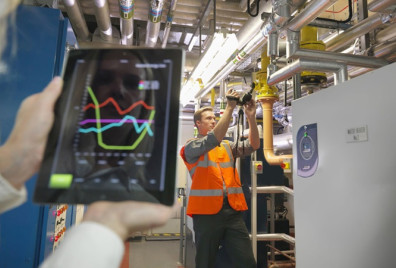
Business support and grants
The Council is dedicated to helping local businesses develop and thrive. From local start-ups to high-growth enterprises, we're offering a variety of support for businesses of all sizes across the county.
Supporting your business
Growing your business
Financial support
Invest
Business success stories
Other services
Supporting tourism business
Free consultancy support, networking opportunities and business development for tourism and hospitality businesses.
Relocate your business to Worcestershire
Find out how Worcestershire can help unlock your business's potential.
Business events
Providing businesses with a comprehensive view of the wide range of events that are taking place within Worcestershire.
Investing in the Young Workforce
Information on how you market your business to young people and grow talent for your business.
Worcestershire Growth Hub
A Government funded dedicated support service to help Worcestershire businesses to access and discover the support available to them.
Start or grow a business support in Libraries
Business & IP Centre Worcestershire services that support enterprise, entrepreneurship and business growth.
What's available in your area?
The Worcestershire Growth Hub and District Councils have funding available to support local businesses.











 Facebook
Facebook X
X Email
Email WhatsApp
WhatsApp Messenger
Messenger